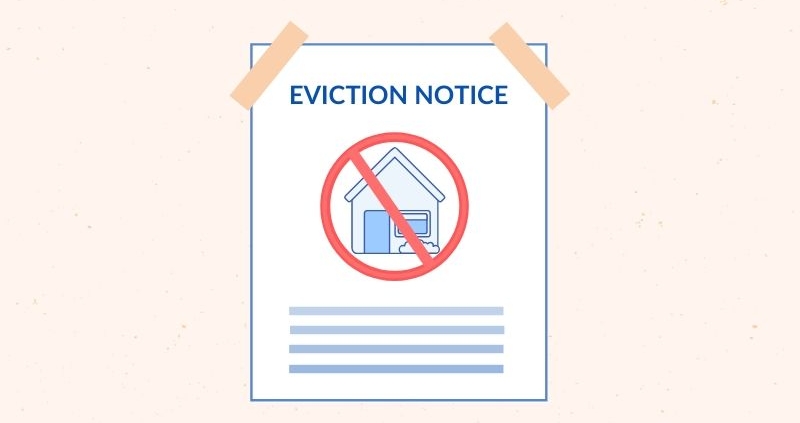COVID-19 Eviction Moratorium Matrix: City and Statewide Residential Eviction Restrictions Due to the Coronavirus
In response to COVID-19, lawmakers are acting fast to protect Americans as many try to make their rent payments. On March 27, 2020, the president signed the CARES Act into law, including immediate protection for renters in the form of a temporary moratorium on eviction filing. This federal eviction moratorium is to be in effect for 120 days.
At the state and city levels, legislators are proposing, enacting, and updating eviction moratoriums each week in order to directly address the financial needs of renters under their jurisdiction. No doubt, it’s difficult for operators to keep track of these changes, especially as they work tirelessly to implement rent relief programs to support their own apartment communities.
COVID-19 Eviction Moratorium Matrix
That’s why we created the Eviction Moratorium Matrix to help centralize the most current information regarding eviction regulations. Updated daily, our eviction moratorium resource will help operators understand new eviction laws to better protect both themselves and renters during the COVID-19 pandemic. Our list includes the following details:
- city/county/state
- type of eviction measure (halt, court stoppage, partial moratorium, etc.),
- links to official reports or government orders
- duration
- date passed
- date that our internal research team last reviewed or updated the information
What Is An Eviction Moratorium?
An eviction moratorium is a legal measure that restricts lessors from filing evictions for non-payment of rent, and also prohibits charges or penalty fees to renters related to the nonpayment of rent. Before the COVID-19 crisis, it was not unheard of for local or state governments to implement eviction moratoriums, whether in response to natural disasters or in advance of rent control laws.
As the U.S. economy battles mounting pressure and uncertainty due to the pandemic, legislators are implementing eviction moratoriums to protect vulnerable renters. This explains the marked increase in search interest around related terms since the onset of the pandemic, with a peak in “eviction” searches following President Trump’s order for HUD to suspend evictions on March 18, 2020.
Different Types of Eviction Moratoriums
With numerous variations of temporary eviction protections for the housing industry, we recommend that you visit the link for more detailed explanations on the terms of the order. For context, other types of eviction moratoriums include:
- eviction suspension
- eviction ban
- eviction halt
- eviction stay
How Long Will COVID-19 Eviction Moratoriums Last?
The length of any given eviction moratorium is dependent upon the duration and severity of the COVID-19 pandemic, as well as various other factors. Many lawmakers may choose to extend eviction moratoriums based on the financial stability of their jurisdictions, while other moratoriums will simply remain in effect for as long as their government has declared a state of emergency.
Check the individual orders per location to find information on the length of eviction moratoriums at the city and state levels.
Do COVID-19 Eviction Moratoriums Alone Provide Enough Operator & Renter Protection?
While eviction moratoriums provide foundational support for renter protections, they alone are not sufficient. Additional measures being taken to offer rental assistance include emergency rent relief funds, unemployment benefits, renter services and resources, and even other legislative measures such as deposit replacement regulations. Legislation that gives operators the choice to offer deposit alternatives like lease insurance provides not only more affordable options to renters, but also more protection against rent loss for operators.
Combined, the various efforts to support both renters and operators put the rental housing industry in a stronger position to weather the COVID-19 storm.
Eviction Moratorium Matrix – Click Here





